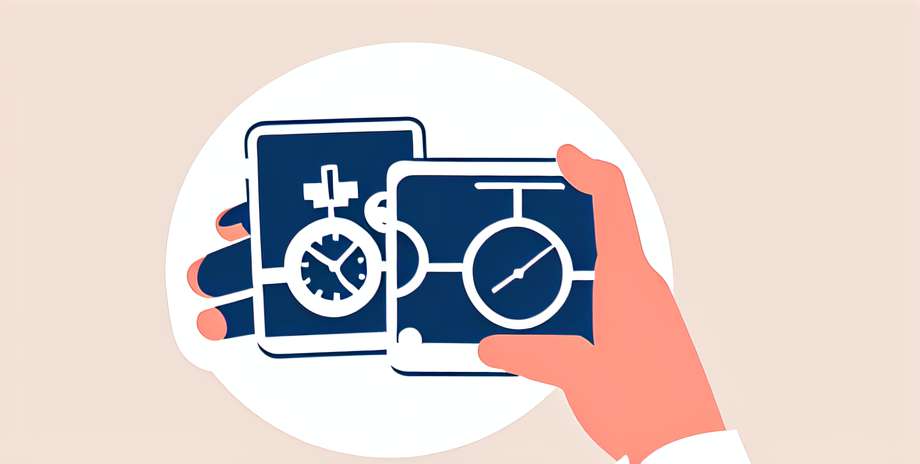The National Institute of Diabetes and Digestive and Kidney Diseases of the United States, recommends a series of measurements to control the diabetes that is worth knowing.
Although the basic principles of diagnosis and treatment of diabetes are the same for the elderly as for the young, there are characteristics and special problems linked to this disease in the old people that justify being lent more attention . For example: the process of aging and obesity predispose the onset of diabetes.
In an interview for GetQoralHealth , the endocrinologist and diabetologist María Elena Sañudo gives us some recommendations for the control of diabetes:
Measures to control diabetes
In addition to the treatment prescribed by your doctor (pills, insulin, injectable medications or a combination of all) and that you must follow rigorously, you can also control diabetes by taking the following steps:
- Control your glucose levels : very high or too low levels (hypoglycemia) are considered as dangerous health conditions that could require urgent attention. Ask your doctor what methods exist to check your glucose at home
- Keep one healthy food : with your doctor, develop a food plan that considers the foods you like that would also help you lose weight; know the foods that affect glucose levels
- Make physical activities daily: this contributes to improve glucose levels in elderly people suffering from diabetes
- Give follow up on your treatment : share with your doctor the results you are getting from your diabetes treatment. It is important that you know how often you should check your glucose levels.
Your doctor may advise you to go to other health specialists to deal with other problems that arise as a result of diabetes. The following are suggestions to keep in mind and consider:
- Make yourself exams annual reports eyes : Spotting and treating problems early can help keep your eyes healthy
- Have annual reviews of the kidneys : Diabetes can affect them severely. Through urine and blood tests is detected if your kidneys are in good condition
- Vaccinate against flu and pneumonia : ask your doctor about the convenience of getting vaccinated and the number of doses
- Check your cholesterol At least one blood test a year can determine your cholesterol levels, as well as the level of triglycerides. High levels can increase the risk of heart problems
- Take care of your teeth and gums : it is advisable to go to the dentist twice a year and undergo a cleaning of teeth and gums to avoid serious problems in the future
- Know what your average level of blood glucose At least twice a year, get the blood test called the A1C test, the result of which will tell you your average glucose levels during the last two or three months
- Protect your skin , keep it clean and use moisturizers for dry skin. Pay attention to minor cuts and bruises in order to avoid infections
- Examine your feet every day to detect areas of redness. Go to the doctor if you have sores, cuts in the skin, infections or corns. Your doctor can advise you to go to the podiatrist
- Pay attention to your blood pressure . It is advisable to take blood pressure periodically.
Video Medicine: Managing type 1 diabetes (April 2024).
